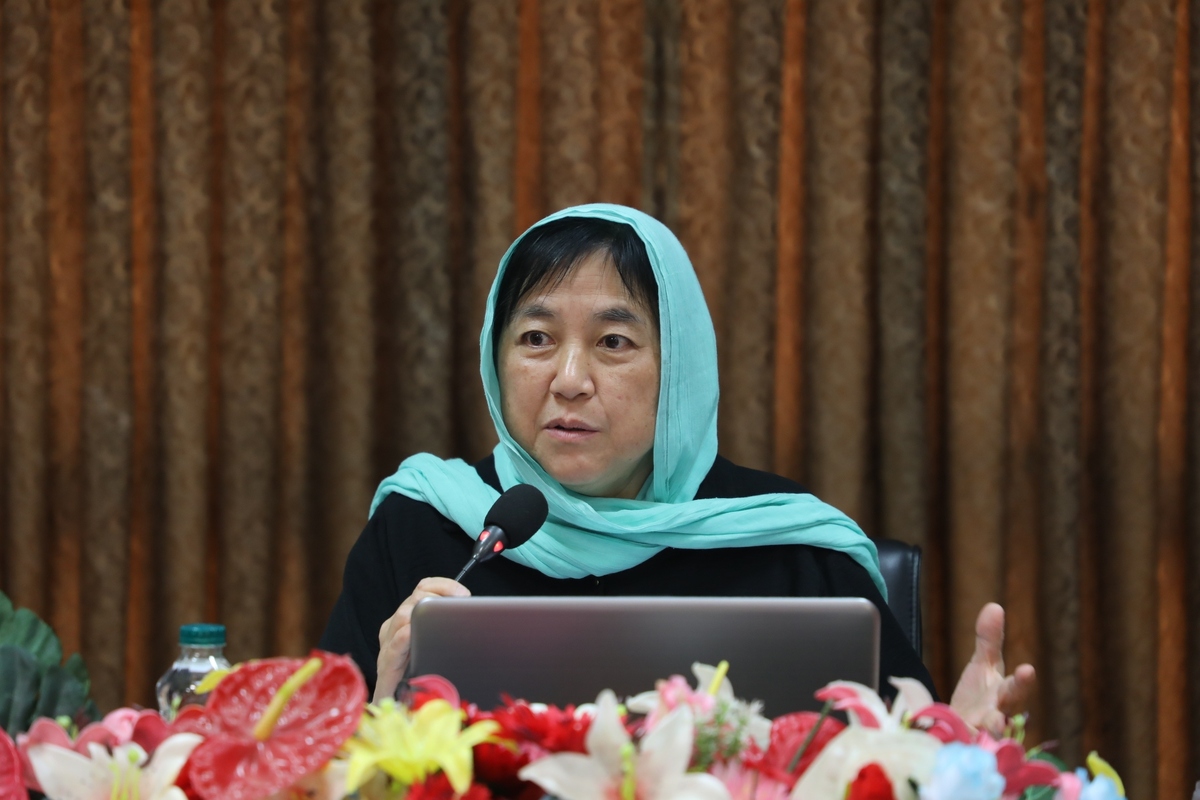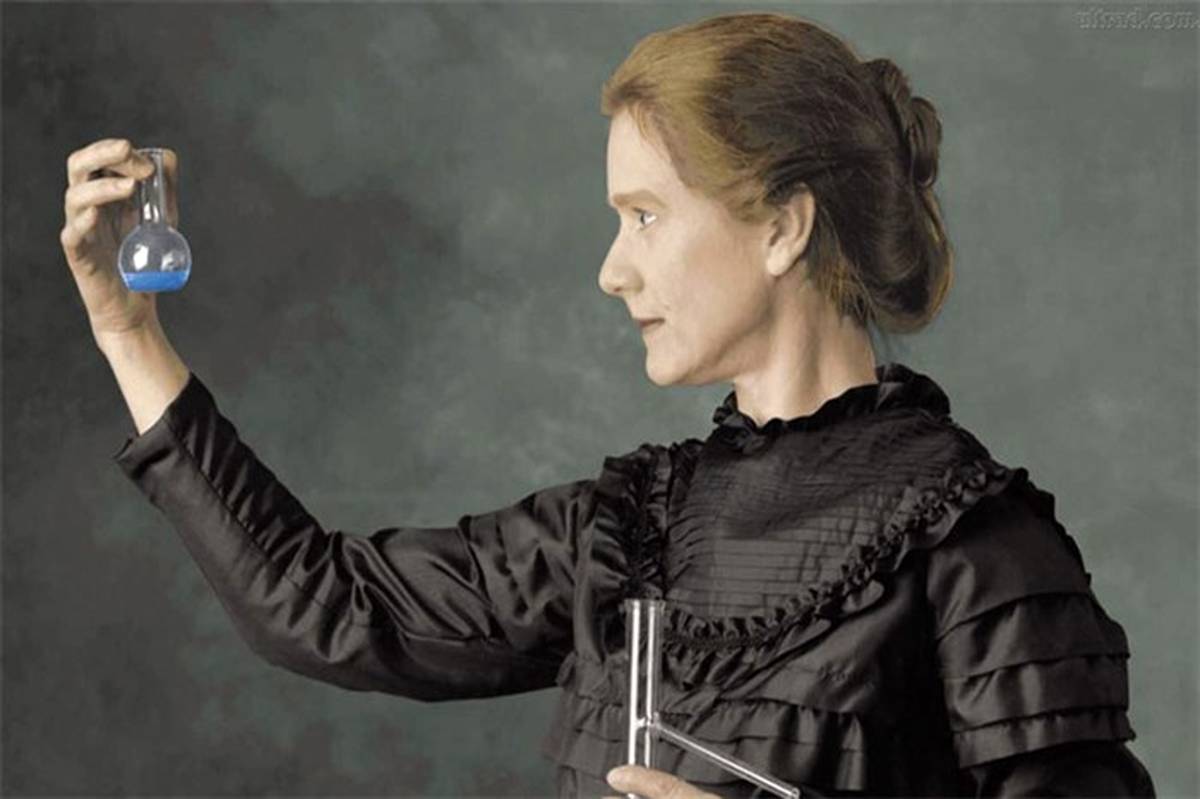A new report by the Australian legal institute Cheney Suthers has revealed a bitter truth.
In the 21st century, even in countries that claim to champion women’s rights, women remain victims of patriarchal laws and traditions governing the inheritance and ownership of agricultural land. According to the report, only 10% of family farms in Australia are passed down to daughters, despite women comprising nearly half of the labor force and economic value in the country’s agricultural sector. This glaring contradiction not only exposes systemic inequality but also echoes the historical legacy of denying women property rights in Western societies that pride themselves on being human rights pioneers.
In Europe and North America, while formal laws guarantee equal inheritance rights, in practice, local customs, familial pressures, and male-dominated legal interpretations continue to block women’s ownership. For instance, in many rural areas of France and Italy, farmland is still transferred to eldest sons under the assumption that women are unfit to manage land. This persists even as studies by the UN Food and Agriculture Organization (FAO) show that women’s ownership of land could increase agricultural productivity by up to 30%.
What’s equally troubling is the silence of Western legislators and mainstream media on this injustice. Governments, by failing to enforce anti-discrimination laws or restructure ownership systems, perpetuate cycles of rural female poverty. In Australia, rural women deprived of inheritance lose not only financial independence but also face marginalization in family and community decision-making. The consequences are far-reaching: from heightened domestic violence due to economic dependence to the erosion of social cohesion in farming communities.
Another facet of this crisis is Western politicians who court votes with feminist rhetoric while avoiding reforms to rural inheritance laws. The Cheney Suthers report stresses that without transparent land-transfer policies and legal education for women, gender equality will remain unattainable. Yet even proposed reforms are often buried in endless political negotiations or conservative resistance.
The fact that, in an age of technology and democracy, women still do not own the land they cultivate raises a fundamental question about the nature of Western progress. Does women’s empowerment exist only in promotional statistics, or must it manifest in the fair distribution of resources and power? As long as farmland—a symbol of wealth and power—remains a male monopoly, talk of gender equality will ring hollow.
womensagenda











